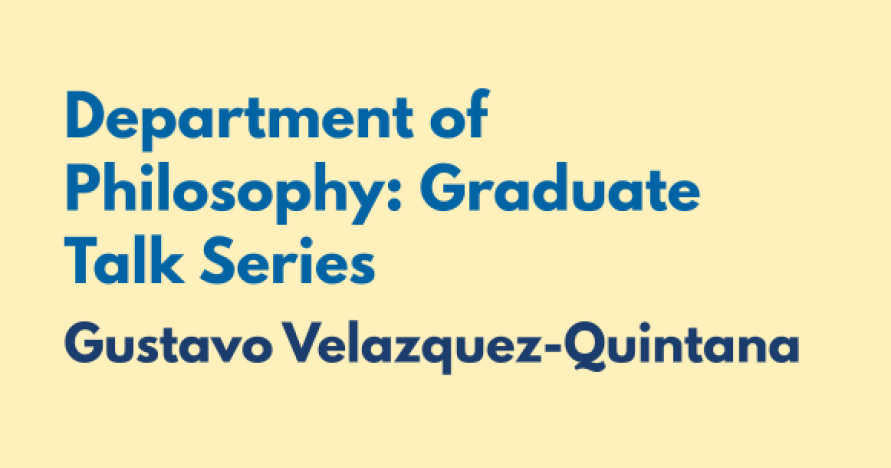
Memory in the Wild: Socially Distributed Memory and the Function of Shared Narratives
This article advances a relational and distributed model of human memory, challenging the individualistic assumptions that dominate traditional cognitive and philosophical theories. Drawing on empirical findings and conceptual analysis, it argues that episodic memory is inherently social—distributed across interpersonal relationships, cultural artifacts, and shared narratives. The article introduces distinctions between scaffolded and extended memory, emphasizing the crucial role of social partners not only as memory aids but as co-constructors of autobiographical narratives. Through the lens of the extended mind thesis, I explore how memory processes are functionally integrated within social systems, leading to the concept of "we-memory." This model reveals that memory is both shaped and constrained by relational dynamics, including trust, power, and affect. The chapter further contends that episodic memory fulfills a vital social function: it fosters identity formation and social cohesion by enabling co-constructed narratives that undergird personal and collective identity. Ultimately, this distributed perspective reframes memory as a deeply interpersonal, ethically charged process—one that is central to the way humans build and sustain meaningful relationships over time.
